School in France Holidays and More
In France, the school calendar follows a rhythm of intense periods of study followed by well-deserved breaks. As a result, the vacances scolaire (school holidays) occur on roughly the same dates year-to-year, which allows families to plan their holidays well in advance. There are three school zones (A, B and C) within the country, and Provence – Côtes d’Azur is part of zone B.
In this article, Virginie writes specifically about la rentrée, when children head back to school after their summer holidays. The text is written in English first, followed by the French translation. After all, it’s not just the kids who should be learning.
Back to School
After the holidays, what will you do?
For my 3 children, it’s back to school time with joy and a great mood.
Summer holidays last 2 months in France. Normally, the start of school always takes place on September 1st. So if September 1st is a Thursday, the children must take their schoolbag back on a Thursday.
My eldest son, Léo, is moving to fifth grade. He’s in elementary school, as is my youngest son, Tom, moving to third grade.
The big change this year will be for Lily to move to CP. This means that she is changing schools. She says goodbye to preschool. Instead, she will be in elementary school with her brothers.
La Rentrée
Et après les vacances, vous faîtes quoi ?
Pour mes 3 enfants, c’est retour à l’école dans la joie et la bonne humeur.
Les vacances scolaires durent 2 mois en France. Normalement, la rentrée a toujours lieu le 1er septembre. Donc si le 1er septembre est un jeudi, les enfants doivent reprendre leur cartable un jeudi.
Mon fils aîné, Léo, passe en CM2. Il est à l’école primaire, tout comme mon fils cadet, Tom, qui passe en CE2.
Le grand changement cette année sera pour Lily qui passe en CP. Cela signifie qu’elle change d’école. Elle dit adieu à l’école maternelle. Elle sera à l’école primaire avec ses frères.
4 Levels of School
Here is how the education of our children in France has been organized over the years:
1. Nursery school (3-6 years): nursery schools are divided into 3 classes which are the small section, the middle section, and the large section
2. Elementary school (6-11 years old): these schools are divided into 5 classes: CP, CE1, CE2, CM1 and CM2. Note: Kindergarten and elementary school constitute the primary school (3-11 years).
3. College (=Middle school) (11-15 years old): middle school classes are an opportunity to deepen all the knowledge acquired. The 6th-grade class completes cycle 3, while the 5th, 4th and 3rd-grade form cycle 4, the final educational cycle of National Education. The major difference for students entering middle school is that they have one teacher per subject (compared to one teacher per class in kindergarten and primary). The college years end with a national exam, the Brevet, which certifies the knowledge and skills acquired
4. Lycée (15-17 years old): there are 2 types of lycées in France: the general and technological lycée, which welcomes the vast majority of students, and the vocational lycée, which allows students to immediately engage in the professional world thanks to alternating education with work placements. The Seconde, Première and Terminale classes constitute the 3 classes of the general and technological high school. In the final year, students pass the baccalaureate, which ends the 15 years spent on the school benches. Students then have the choice between continuing their studies in higher education (university, preparatory classes, business school, etc.) or directly engaging in working life
La Scolarité en 4 Étapes
Voici comment s’organise la scolarité de nos enfants en France au fil des années :
- Maternelle (3-6 ans) : les écoles maternelles sont divisées en 3 classes que sont la petite section, la moyenne section, et la grande section
- Élémentaire (6-11 ans) : ces écoles sont divisées en 5 classes que sont le CP, CE1, CE2, CM1 et CM2 – La maternelle et l’élémentaire constituent l’école primaire (3-11 ans).
- Collège (11-15 ans) : les classes du collège sont l’occasion d’approfondir l’ensemble des connaissances acquises. La classe de 6ème finalise le cycle 3, tandis que les classes de 5ème, 4ème et 3ème forment le cycle 4, dernier cycle pédagogique de l’Education Nationale. La différence majeure pour les élèves qui entrent au collège est qu’ils ont un professeur par matière (contre un professeur par classe en maternelle et primaire). Les années collège se terminent par un examen national, le Brevet, qui atteste des connaissances et compétences acquises
- Lycée (15-17 ans) : il existe 2 types de lycées en France : le lycée général et technologique, qui accueille la grande majorité des élèves, et le lycée professionnel, qui permet aux élèves de s’engager immédiatement dans le monde professionnel grâce à un enseignement alterné avec des stages en entreprise. Les classes de Seconde, Première et Terminale constituent les 3 classes du lycée général et technologique. En terminale, les élèves passent le baccalauréat, qui clôture ces 15 années passées sur les bancs de l’école. Les élèves ont alors le choix entre poursuivre leurs études dans l’enseignement supérieur (université, classes préparatoires, école de commerce, etc.) ou de s’engager directement dans le vie active
School Holidays in France
The annual school holidays in France are as follows:
Vacances de la Toussaint – A two-week break that falls the last week of October and the first week of November.
Vacances de Noël (Christmas) – Typically, another two-week gap starting just before Christmas through New Year’s.
Vacances d’hiver (winter holidays) – The dates of this break (another two weeks) vary between the three school zones to limit the numbers on the ski hills. The holidays run from early February through early March.
Vacances de printemps (spring break) – The final school break before the summer holidays. Running from mid-April through early May, the actual dates vary between the three school zones.
Vacances d’étè (summer holidays) – Starting the first week of July, classes are finished for two months.
Please consult the official website here for exact dates in 2021-22 and beyond.
When you come to my house for a French immersion homestay in Provence, I will be happy to help you discover the different aspects of Provence, like these and landscapes and perfumes, culture… while helping you improve your French.
Quand vous viendrez chez moi pour un séjour d’immersion en Provence, je me ferai un plaisir de vous faire découvrir les différents aspects de la Provence comme ceux-là, mais aussi les paysages et les senteurs, la culture… tout en vous aidant à améliorer votre français.


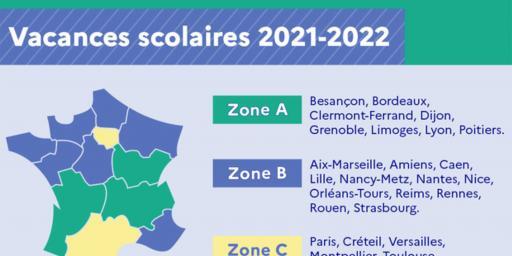

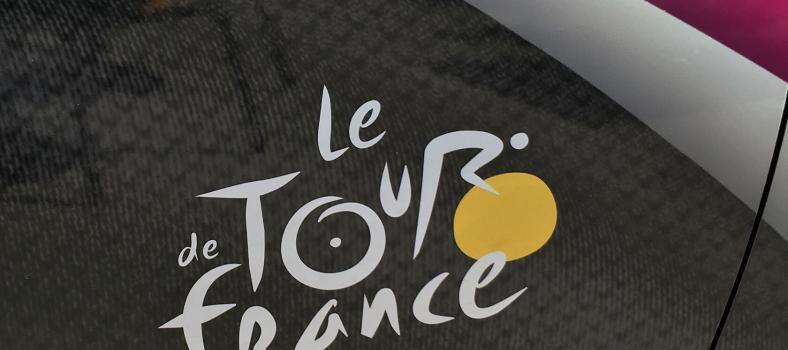
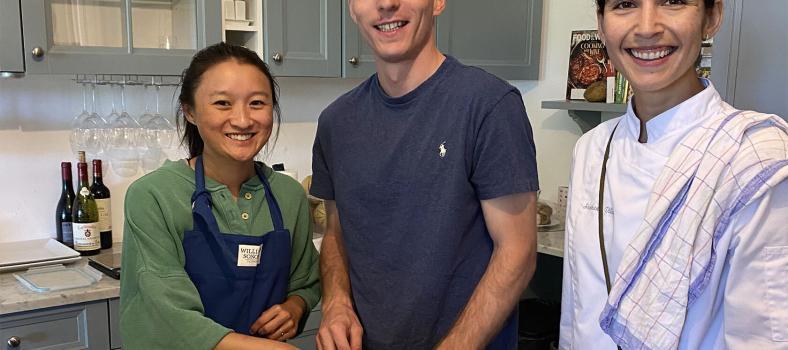
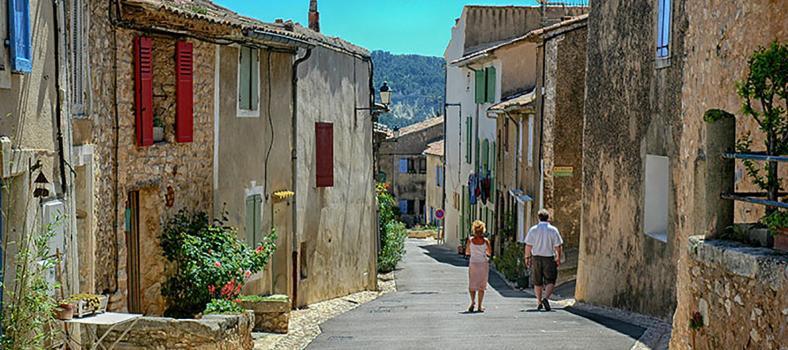
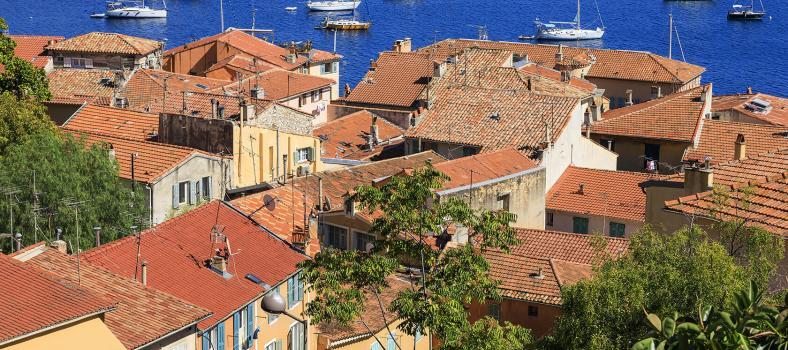
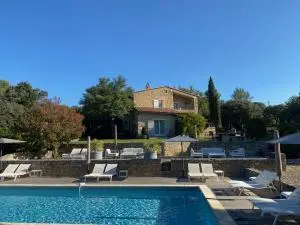
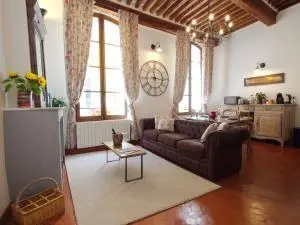
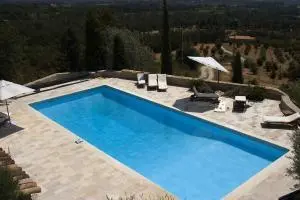
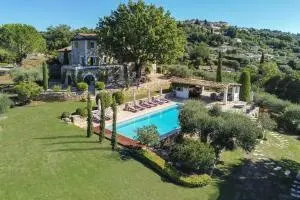
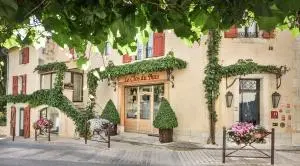
No Comment